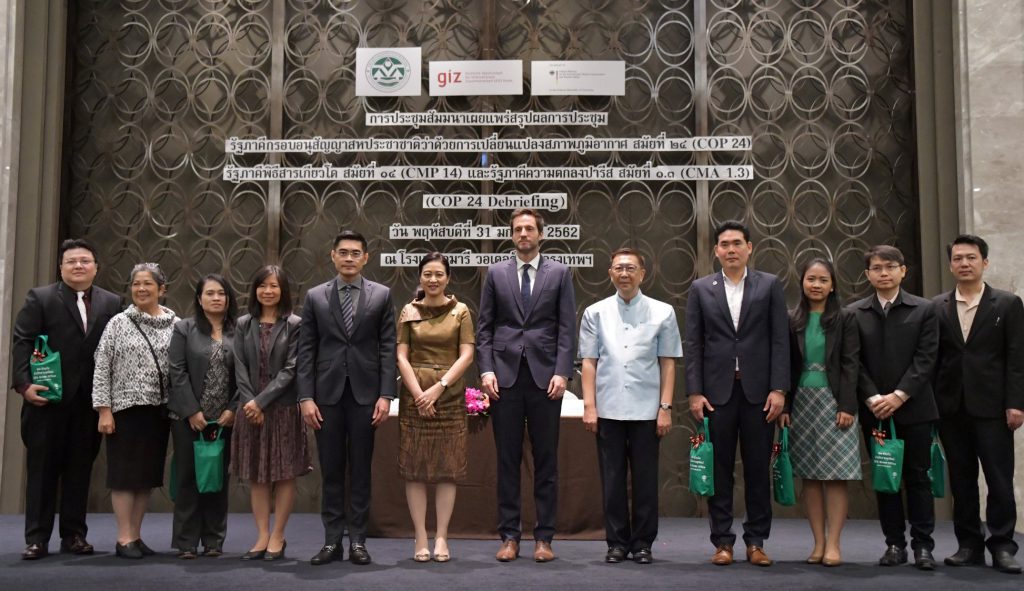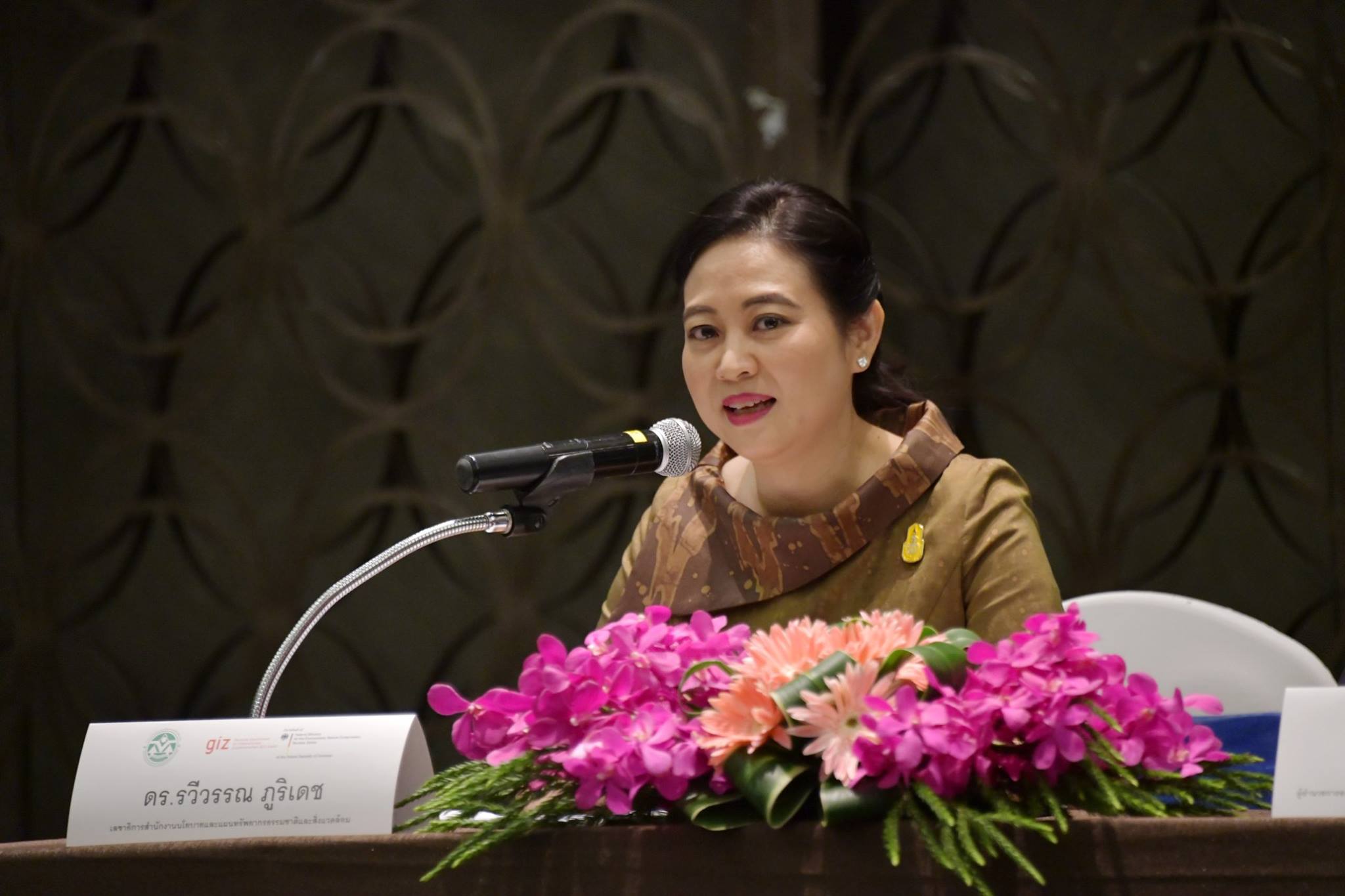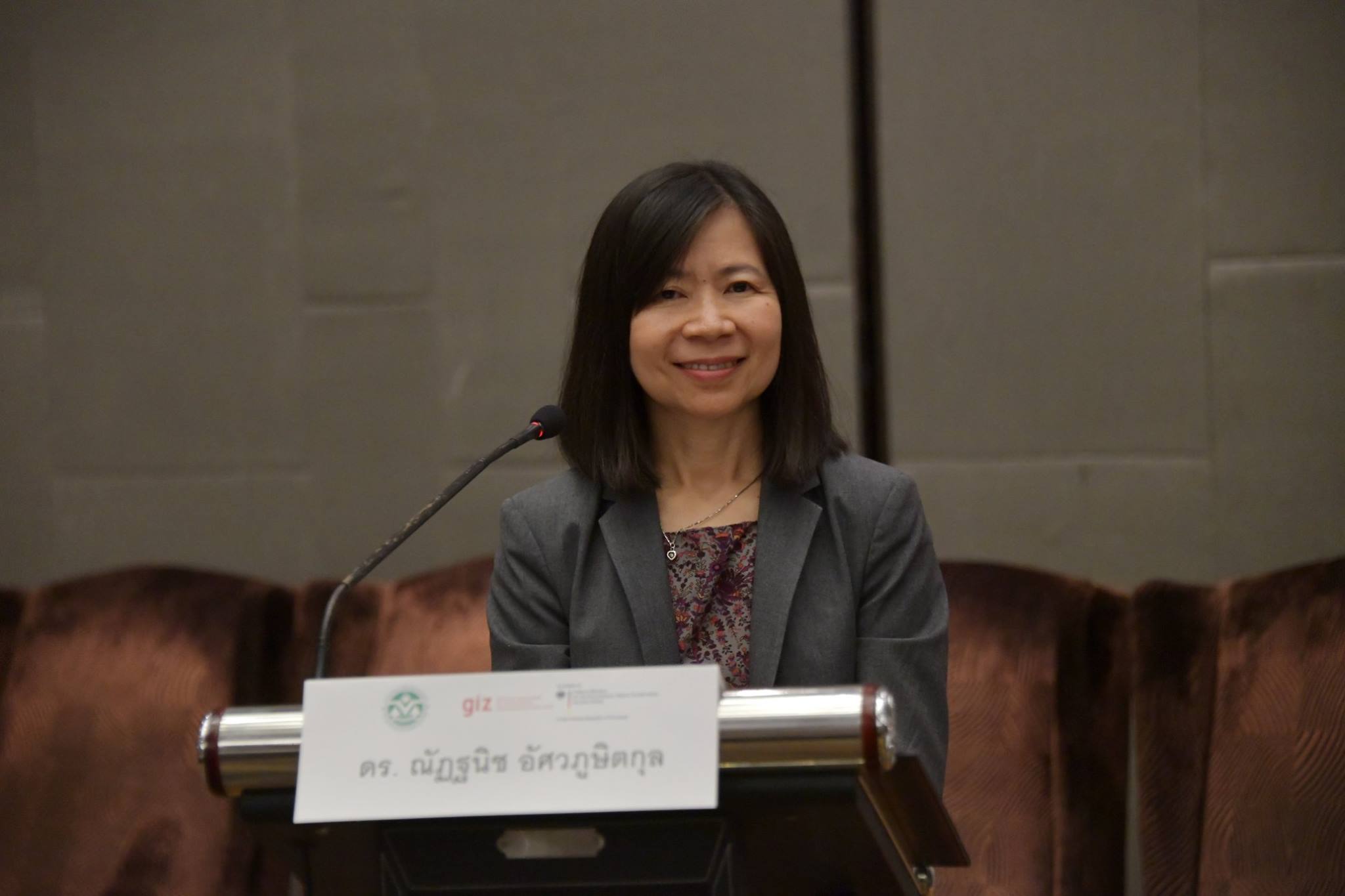Three years after the adoption of the Paris Agreement, parties to the United Nations Framework Convention on Climate Change (UNFCCC) have adopted yet another historic deal: the Paris Agreement rulebook. This is a set of rules that will bring to life the Paris aspirations.
Outcomes of the UN Climate Conference
After tense negotiations at the COP24, delegations finally achieved agreements on the adoption of “Modalities, Procedures and Guidelines to Implement the Paris Agreement under the UNFCCC”. These are a set of rules that will make the Paris Agreement operative in the post-2020 period.
The approval of this rulebook lies at the core of the Paris Agreement accord. It defines how compliance should be measured and reported in a transparent manner.
As of 2020, the Nationally Determined Contributions (NDCs), national targets under which countries pledge to reduce their greenhouse gas emissions, shall be reported every five years. Governments will also submit a transparency report every two years.
To assess collective progress toward the Paris aspirations, enhance its implementation and scale up ambition, a Global Stocktake (GST) mechanism is to take place every five years, starting from 2023 onwards.
Progress on climate finance was also made, with developed nations pledging additional funds for the Green Climate Fund (GCF). Currently the world’s largest climate fund, the GCF promotes a paradigm shift towards low-emission and climate-resilient development and supports developing nations to respond to the challenge of climate change.
What is next for Thailand?
Under the Paris Agreement, Thailand has articulated ambitious climate targets: to significantly reduce CO2 emissions from the energy, transport, waste and industry sectors and improve its ability to adapt to the impacts of climate change.
Now and until 2020, Thailand will have to update its climate plans and build a strong institutional architecture for successful NDC implementation. This includes, among other pressing tasks, developing a measuring, reporting and verifying system (MRV system) to track climate data and setting up a structure for mobilising funds for work on climate change issues.











